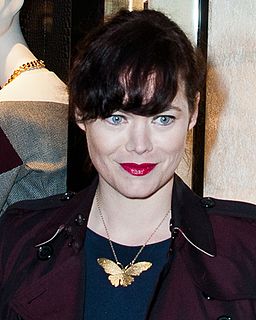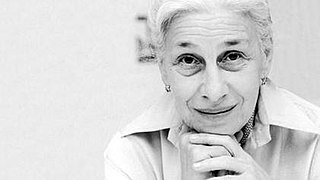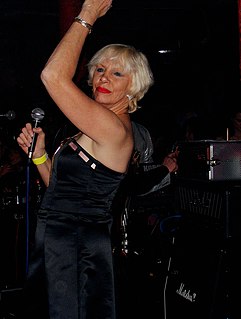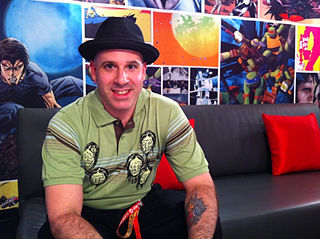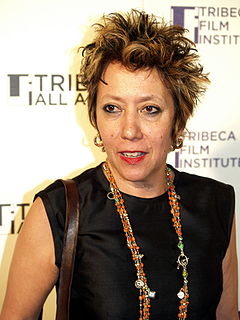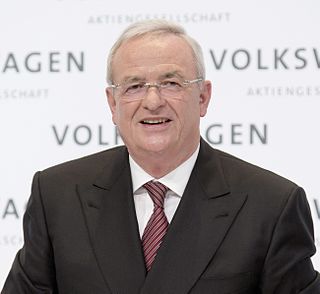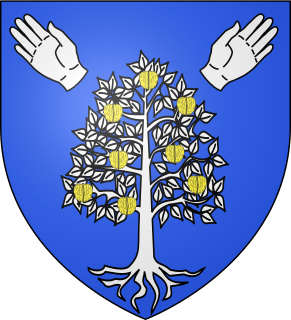A Quote by Daniel Clowes
I had no television when I was little, just a stack of old, beat-up comics from the 1950s and 1960s.
Related Quotes
I had the good fortune to be raised in the 1940s and the 1950s. As I entered business in the late 1950s and 1960s, America was just coming into its own as a great industrial power. It allowed young entrepreneurs to start their engines, to start their businesses, to borrow a little money and to leverage what they had.
Luckily for me, my father had impeccable taste. No contemporary collector was he. His treasure trove of comics included gems such as 'Little Lulu,' 'Frontline Combat' and 'Classics Illustrated.' But the works that stood head and shoulders above the rest were Carl Barks's 'Donald Duck' and 'Uncle Scrooge' comics from the 1940s through the 1960s.
I got into comics about the same time as music. By 12 years old, I had discovered my dad's killer comic book collection filled with Silver Age books from his youth...early Spider-Man, Thor, Fantastic Four, The Hulk, Detective Comics, Action Comics, you name it. Seeing those old books got me interested in new comics, so my friends and I would hit the local comic shop every Saturday to pick up the cool titles of my generation.
Television in the 1960s & 70s had just as much dross and the programmes were a lot more tediously patronising than they are now. Memory truncates occasional gems into a glittering skein of brilliance. More television, more channels means more good television and, of course, more bad. The same equation applies to publishing, film and, I expect, sumo wrestling.
Television from its inception had the number one goal to alienate as few people as possible. That's why if you look at 1950s, 1960s American sitcoms, the characters don't live any place in particular, religion is never discussed, politics is never discussed, you never really know what anyone's job is; nothing that could make these people seem different from you is ever discussed.



